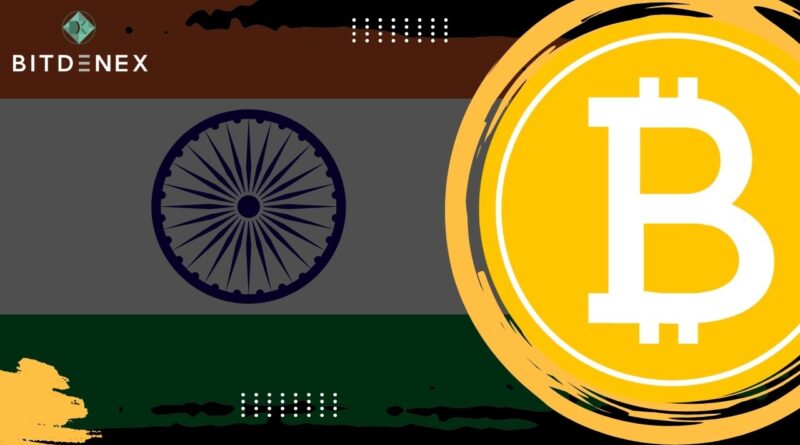India’s SEBI recommends local regulators monitor cryptocurrency trading
Documents show SEBI’s recommendation for distributed regulatory control of cryptocurrencies in India. According to previously leaked documents obtained by Reuters, the Securities and Exchange Board of India (SEBI) has advised that various regulators monitor cryptocurrency trading in the country.
The documents recommend that a division inside India’s financial authorities be in charge of regulatory oversight. In a separate document, the Reserve Bank of India (RBI) claimed that digital currencies are a macroeconomic risk to the country.
According to Reuters, government authorities turned over the records to a group entrusted with advising the country’s finance ministry on policies.
Rather than having a single unified regulator dealing with digital assets, SEBI proposed that various regulators collectively monitor digital asset activity within their jurisdiction.
In this instance, SEBI would oversee digital assets designated as securities and initial coin offerings, as well as grant licenses for financial goods. Meanwhile, the Reserve Bank will monitor fiat-backed stablecoins.
The Insurance Regulatory and Development Authority of India would supervise crypto-related insurance, while the Pension Fund Regulatory and Development Authority would oversee pension problems involving digital assets. Investor complaints should be handled under India’s Consumer Protection Act.
The country’s Reserve Bank is more sceptical of cryptocurrency. According to sources acquainted with the situation, the RBI supports the concept of banning stablecoins. The agency also expressed worry that digital assets might be used to enable tax evasion and that decentralized peer-to-peer transactions in cryptocurrencies rely on voluntary compliance, creating fiscal stability issues.
The RBI also believes that cryptocurrencies may reduce central banks’ income from money creation.
India has been working to update its regulatory structure to embrace digital assets. In December 2023, the authorities issued 15 noncompliance letters to foreign cryptocurrency exchanges, prohibiting their URLs and mobile apps for local users.
As of writing, KuCoin and Binance are the only exchanges that have been granted licenses to restart operations by the Financial Intelligence Unit. Members of the G20 were recently invited to join forces in regulating digital assets by the Indian government.
Buy and sell crypto in minutes with 0.20% trading fees at Bitdenex Exchange.

